Qualcomm executive confirms that it is shipping chips to Huawei
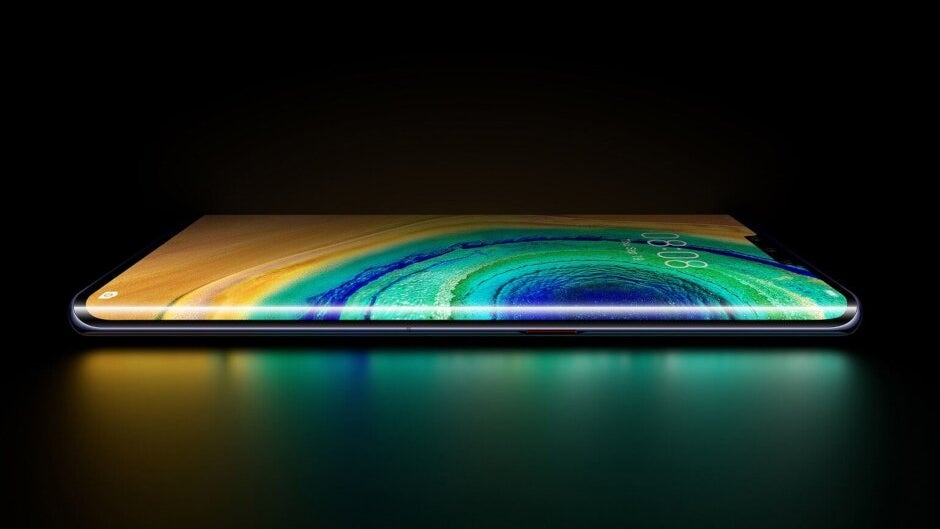
Labeled a national security threat in the states, Huawei was placed on the U.S. commerce department's Entity List in the middle of May. As a result, the Chinese manufacturer has been unable to access its U.S. supply chain since costing it the opportunity to surpass Samsung to become the largest phone manufacturer in the world. That's because the company's new flagship Mate 30 line cannot use the Google Play services version of Android due to the ban. This means that the phone won't have core Google apps including the Play Store, Search, YouTube, Gmail and Maps to name a few. Instead, the phones are running on an open-source version of Android with Huawei's App Gallery distributing compatible apps.
Some of the U.S. companies that had to cut ties with Huawei besides Google include Intel, Qualcomm, and Micron. All together, Huawei spent $11 billion on U.S. components and software last year, revenue that will be sorely missed by these suppliers. For example, Huawei was Micron's largest customer last year. One U.S. firm that has resumed shipping to Huawei is chip designer Qualcomm. The company's CEO, Steve Mollenkopf, recently told Caixin that it is indeed delivering components to Huawei that are not covered by the ban.
Qualcomm would like to sign a long-term supply contract with Huawei
Back in May, the U.S. announced a 90-day period during which some Huawei suppliers received a special license from the Commerce Department allowing them to ship components and software "necessary to maintain and support existing and currently fully operational networks and equipment, including software updates and patches." Also allowed under the three-month reprieve were contracts "necessary to provide service and support, including software updates or patches to existing Huawei handsets." When the first 90-day period expired, a second 90-day period started with 130 U.S. companies requesting a special license.
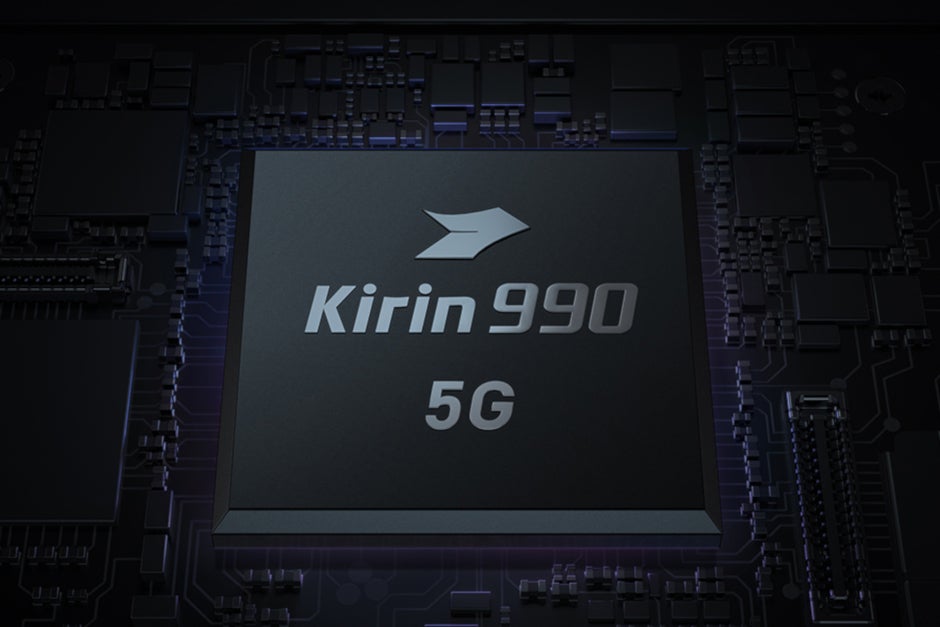
Even though Huawei designs its own chipsets, it does purchase Snapdragon SoCs from Qualcomm for non-flagship models
Qualcomm's Mollenkopf says that his company would like to reach a long-term deal with Huawei, but that will obviously depend on U.S. President Donald Trump. Huawei is considered a threat to U.S. national security which is ostensibly the reason for its placement on the Entity List. That is because the communist Chinese government can call upon Huawei at any time and demand that it collects intelligence for it. This has led to rumors about backdoors residing in Huawei handsets and networking gear that are ready to send information about American consumers and corporations to Beijing. The company has denied this many times and CEO Liang Hua offered to sign a 'No-Spy' contract with any country.
Trump himself has hinted that Huawei could be used as a bargaining chip in order to improve the position of the U.S. in any trade agreement reached with China. The CEO of Huawei's consumer group, Richard Yu, apparently believes that too. Yu recently said that if the manufacturer is removed from the Entity List, it will be able to send out a software update overnight bringing the Google Play services of Android and Google's core Android apps to the Mate 30 series outside of China.
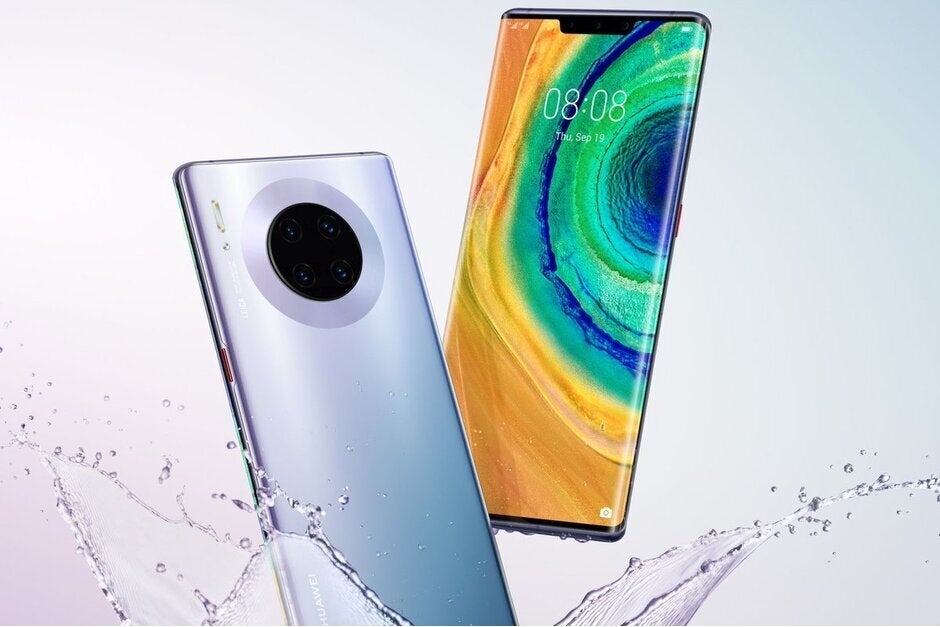
Huawei's Mate 30 Pro uses an open-source version of Android
While it isn't known exactly what components Qualcomm is currently shipping to Huawei, the phone manufacturer has used Snapdragon chipsets in some non-flagship models. Huawei designs its own Kirin chips which are manufactured by TSMC. Some of the designs used for these chips are covered from a previously obtained license from the U.K.'s ARM Holdings; Although it is not an American company, it does use U.S. technology and announced back in May that it had cut ties with Huawei.
Follow us on Google News


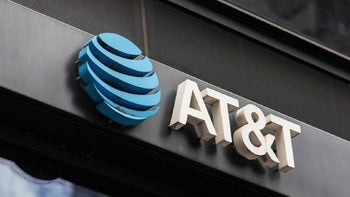
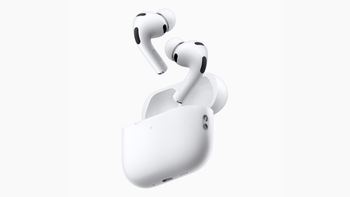
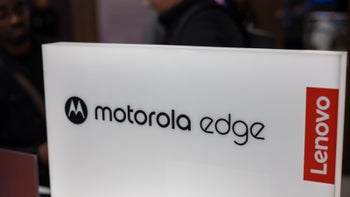

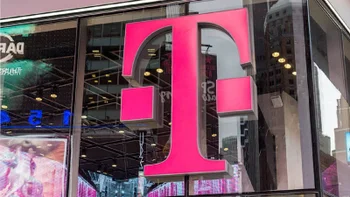
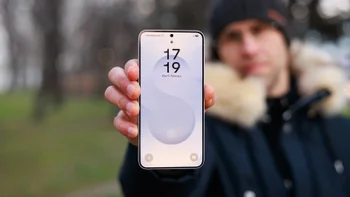
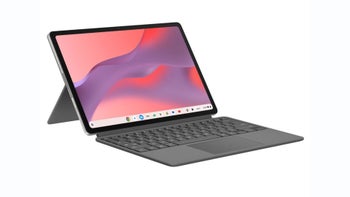

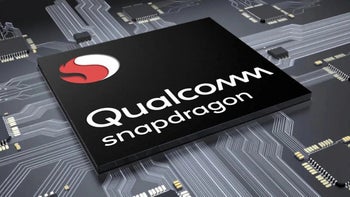
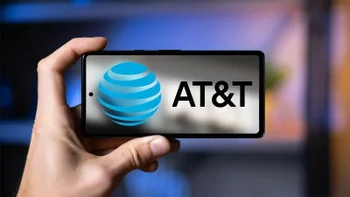
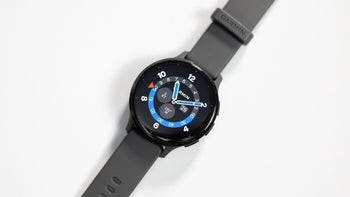
Things that are NOT allowed:
To help keep our community safe and free from spam, we apply temporary limits to newly created accounts: